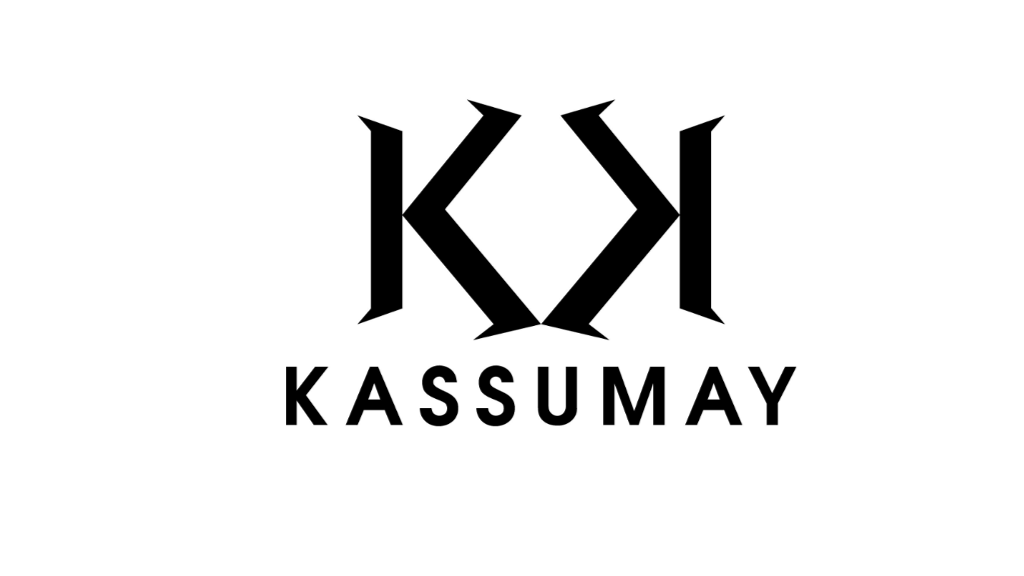Originally from the south of Senegal (Casamance), commonly known as the green lung of Senegal, I was born and raised in the village, and like any village child, going foraging in the bush or fishing is one of our main activities.
We (Diolas) are a people of West Africa established in a territory that extends over The Gambia, southern Senegal (in Casamance), and Guinea-Bissau. Composed of several sub-groups, our identity is characterized by the use of the Diola languages (several different languages) and our history is marked by their contacts with the British, French, and Portuguese colonial empires, to which we must add the influence of the Venetians who are the first Westerners to have approached this region in 1456.
(We) Diola has been mainly cultivators and harvesters of rice for several centuries, and we are harvesters of palm (Bunuck) wine, which is essential in our culture and tradition. We also cultivate and harvest market garden produce and tubers (cassava, beans, potatoes, peanuts, etc. harvesting honey is a fundamental aspect in my Diola culture, and honey is only harvested at night. To this are added the activities, breeding, fishing, etc. We have fruits in great quantity and different varieties, apart from mangoes, oranges, mandarins, pineapples, papayas, guavas, grapefruits, avocados, etc., there are several varieties of fruits which I know neither in French nor in English) as well as the vegetables are also present in the Diola environments. Food self-sufficiency is an essential aspect of our Diola tradition (I remember during the 1994 circumcision, I ate rice harvested in 1960) and it could be achieved in ancient times and until recently. Savings occupy a primordial place in the Diola economy, making it possible to finance the needs of families, communities, traditional religious ceremonies, etc.
We, the Diolas, are also made up of several sub-groups (Ajamat, Kassa, Fogni, Bluff, Karone). We and the Mandingo influence each other and borrow several cultural elements. For example, the Malinké kings of Kaabu often had Diola origins by their matrilineality. This cohabitation between Diolas-fognis and Malinkés explains, for example, certain surnames that we have in common (Mané, Sané, Diaby, Sonko, Sagna, etc. ). In addition, those of Fognis and those of Bluffs, where I am from (Bignona department, for example), adopt two rites of the Mandingo, which are excision and the dance of Kankuran. Indeed, female circumcision (which is banned by Senegalese law) and Kankuran dancing do not exist in the authentic culture of the Diola (or the authentic traditional values of the Diola). Moreover, excision does not exist, and it has never existed among the various Diolas sub-groups (Ajamat, Kassa, etc.) of the Oussouye department who consider excision a violation of human rights.
The Diola have always been known for their pride in the virtual impossibility of subjecting them to any form of subjugation and hard work. It is a people who are both warlike and peaceful, open-minded, working to safeguard their cultural or traditional values, etc. People have yet to colonize the Diola completely.
Historical sources show that they are the first inhabitants of these three areas: the Gambia, Casamance, and Guinea-Bissau. Diola society is an egalitarian society with the total absence of caste. The Diola culture is characterized by the sacred respect for ancestral values which are: equality between human beings, the freedom of individuals, the protection and respect for people, ancestors, and nature, the prohibition of exploiting human beings, the prohibition on killing one's neighbor, honesty, hard work (or individual and collective perseverance at work), honor, courage, solidarity, fraternity, independence (or autonomy), peace, social cohesion, personal and community success, etc. Their keen sense of freedom, equality, and their need for reference about their identity were the roots of their historical development.
The Diola are among the rare peoples who practice circumcision or Boukout, an initiation ceremony that allows young boys to pass from adolescence to adulthood. It occurred over two to three months or even six months to a year in certain villages before the colonial period. The boukout is the cement of the Diola culture. This ceremony not only allows the initiation and circumcision of young men but also strengthens the ties between each family and affiliation.
Meaning peace in the Jola language, Kassumay brings wellness into your home while supporting empowerment and peace efforts for women in the Casamance region of Senegal. Our products offer simple ingredients with great taste and a significant impact.
Our mission is to share our love of natural superfood nutrition. We are changing the health food game by introducing the nutrient-dense fruit spread our family has always enjoyed, showing that good nutrition can be easy and delicious.

